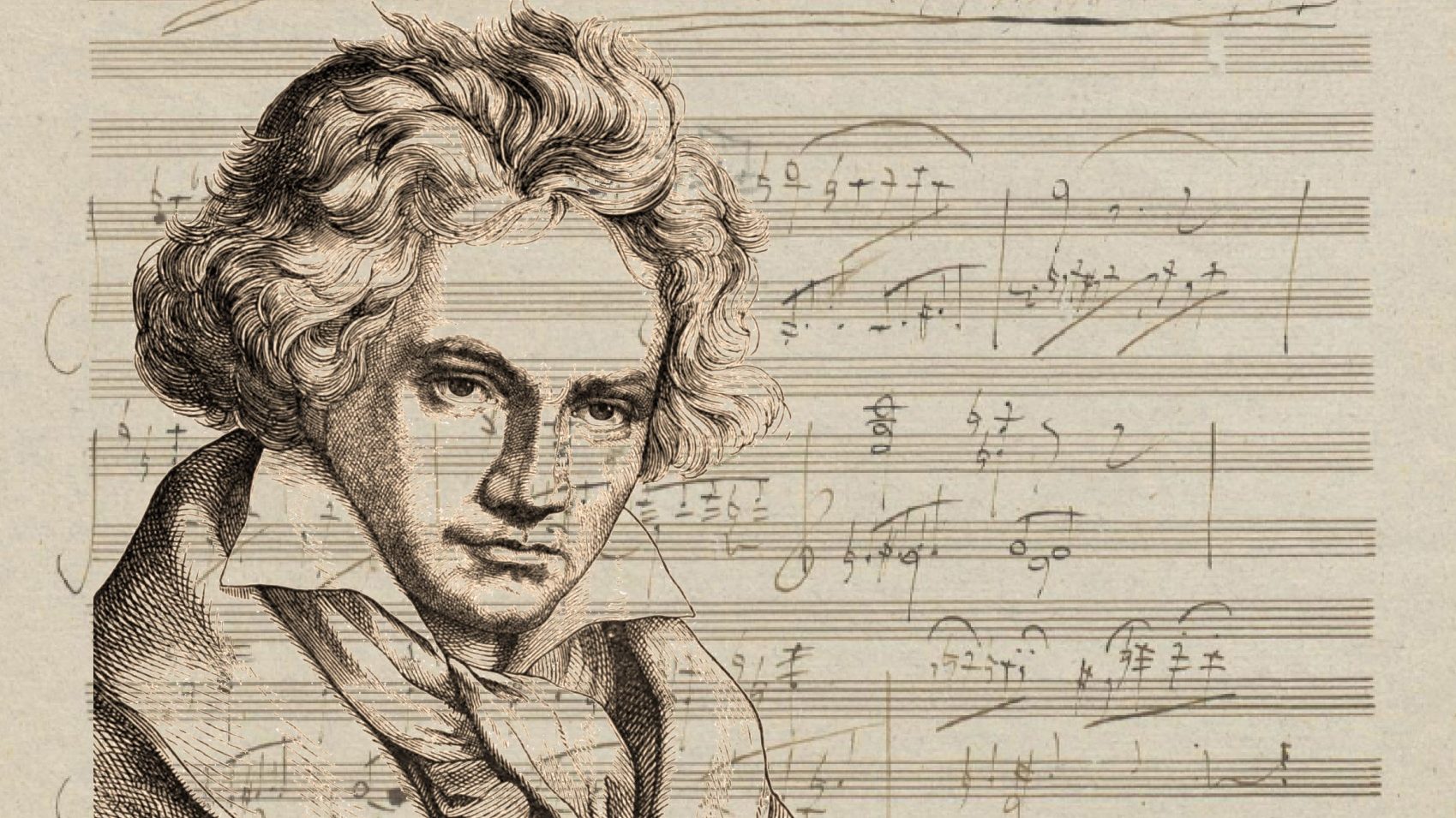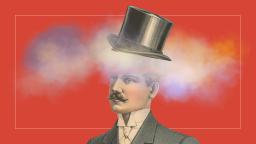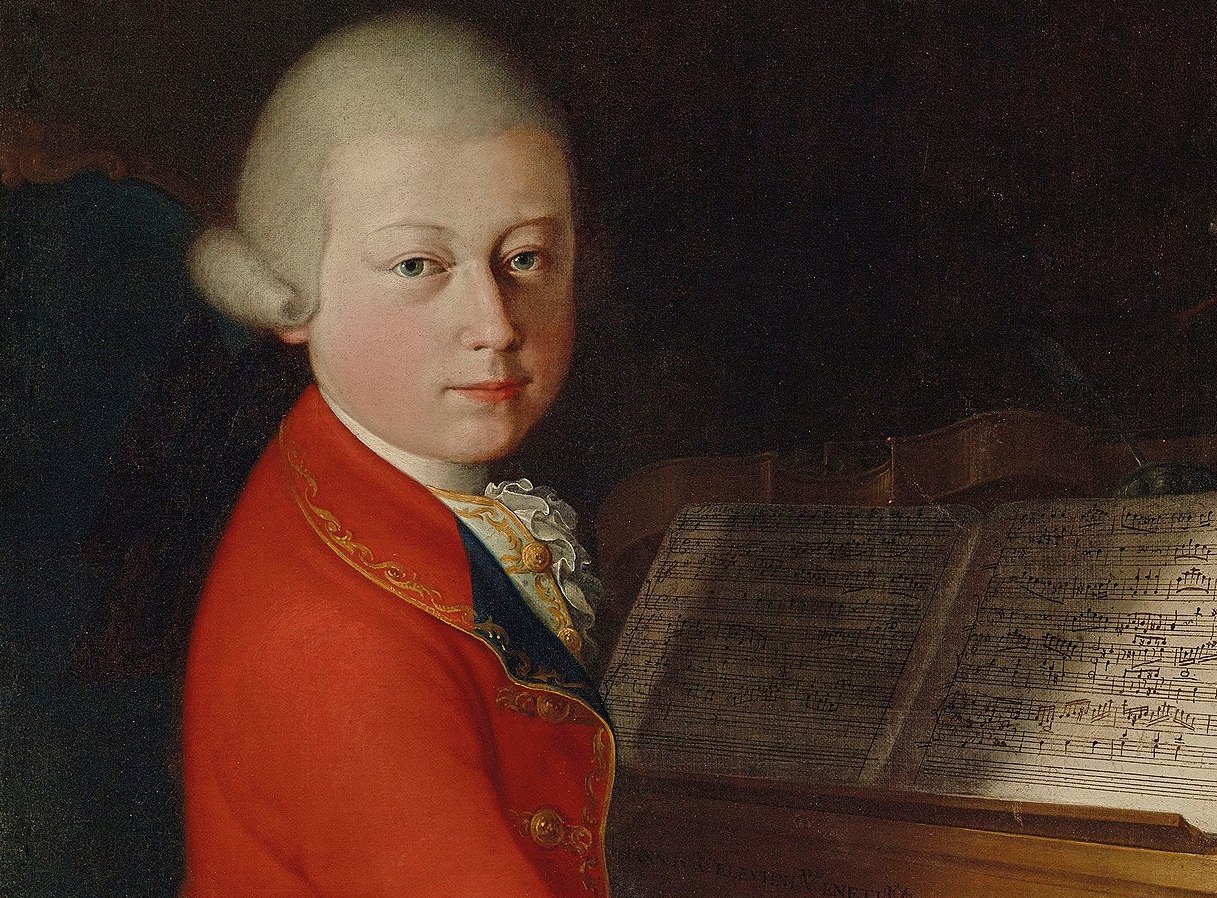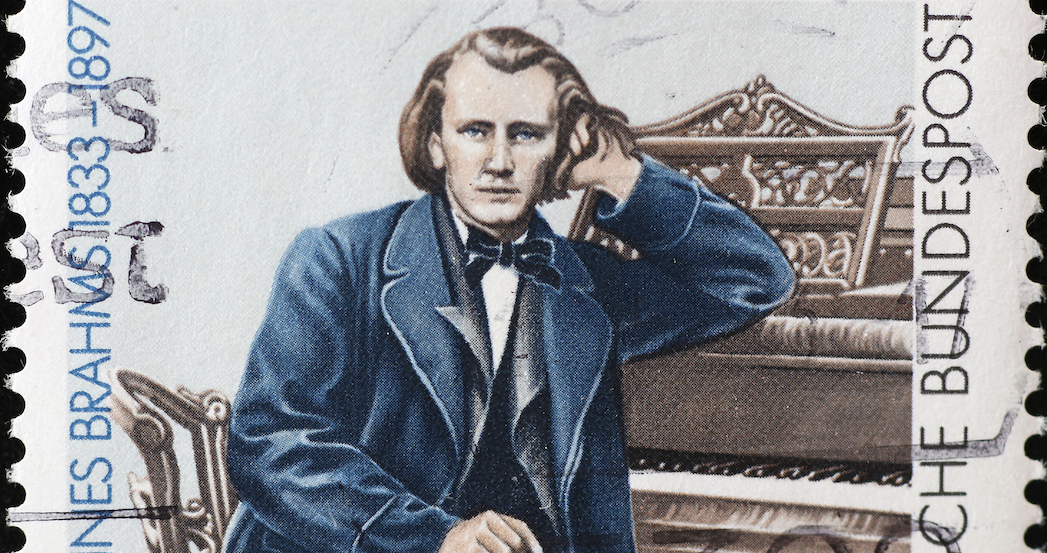How Soviet revolutionaries appropriated Beethoven’s “super-human music”

- Lenin’s deep love of Beethoven’s Appassionata highlights the relationship between high culture and Soviet ideology.
- Great music, Lenin concluded, was a useful weapon in the class war.
- The failure of the Bolsheviks to ban “old” culture ultimately helped Russians endure the Soviet experiment.
Piano Sonata No. 23 in F minor, ‘Appassionata,’ Op. 57 (1804-6)
Vladimir Ilyich Lenin is the biggest fan of this sonata. “I know nothing that is greater than the ‘Appassionata,'” he tells the writer Maxim Gorky. “I would like to listen to it every day. It is marvelous, super-human music. I always think with pride – perhaps naïvely – what marvelous things humans can do.”
Lenin is presenting himself as a leader who can stand back from ideology and marvel at mortal genius. He wants Gorky to consider him kulturny, a person of cultural sensitivity, and chutkiy – empathetic to human feeling. Such qualities, however, must never override the priorities of politics. Lenin continues:
“I can’t listen to music very often, it affects my nerves. I want to say sweet, silly things, and pat the little heads of people who, living in a filthy hell, can create such beauty. These days one can’t pat anyone on the head, they might bite your hand off. Hence, you have to beat people’s little heads, beat mercilessly, although ideally we are against doing any violence to people. Hmmm . . . what a devilishly difficult job!”
Lenin’s Beethoven quotation – sometimes augmented with a coda “If I keep listening to it, I won’t finish the revolution” – lays the foundation of Soviet cultural policy. Art exists to elevate homo sovieticus, but not to the point where it moderates the cleansing violence of revolution. Culture must not be mistaken for humanity: in Communism, it is a useful weapon in the class war. Soviet propaganda adopts Beethoven as a fellow-traveller. Stalin declares the ninth symphony to be “the right music for the masses. It can’t be performed enough and it ought to be heard in the smallest of our villages.” Beethoven’s “be embraced, you millions” serves as cover for Stalin’s murder of millions.
How did culture become an instrument of state policy? A Russian classicist at the University of London, Dr Irene Polinskaya, offers this analysis:
“Being kulturny was not a choice but a condition of social class. Lenin and Stalin grew up in families of raznochintzy – (midway) between the aristocracy and the peasantry. Culture for such people was an aspiration to higher status. Russian nobility, imitating its European cousins, educated its young in languages, music, literature, and other refinements. If raznochintzy were to mix in noble circles, they had to be also educated in the arts. And with such education came the appreciation of its value. So, culture is not what Lenin chooses or rejects, it is part of him and hence of his internal conflict. The point is not that Lenin or Stalin cared about being perceived as ‘cultured’ but that they had to accept that culture was a fact of life and since it could not be eliminated or ignored, they had to make it work for the Revolution. Had either Lenin or Stalin been from peasant backgrounds, they would never have heard of Beethoven and would have had nothing to say about that and would not have worried about being made soft by ‘Appassionata.’
“The Bolsheviks’ failure to ban ‘old’ culture left a seed of beauty and softness, ultimately, of humanity and allowed Russia and Russians to live through the Soviet experiment. In schools, reading Tolstoy, Chekhov, and Dostoevsky and going to the Philharmonic on a monthly basis was a norm. Nowadays, pop culture and social media have replaced them. There is nothing in contemporary Russia that could foster an indigenous cultural revival.”
Had either Lenin or Stalin been from peasant backgrounds, they would never have heard of Beethoven.
The “Appassionata” is named by a Hamburg publisher, August Cranz, ten years after Beethoven’s death. The music is passionate in determination rather than emotion. Czerny calls it “the most perfect execution of a mighty and colossal plan.” In the opening pages, the “fate” motif of an unwritten fifth symphony flickers between the lines. Beethoven’s pupil Ries observes the work in progress on a long summer’s day in the Vienna Woods:
“We went so far astray that we did not get back to Döbling until nearly 8 o’clock. He had been humming, and more often howling, always up and down, without singing any definite notes. When questioned as to what it was he answered, ‘A theme for the last movement of the sonata has occurred to me.’ When we entered the room he ran to the pianoforte without taking off his hat. I took a seat on the corner and he soon forgot all about me. He stormed on for at least an hour with the beautiful finale of the sonata. Finally he got up, was surprised that I was still there and said, ‘I cannot give you a lesson today, I must do some work’.”
Beethoven plays his 25-minute sonata at all his usual mansions, testing pianofortes to destruction with bulging fistfuls of bottom notes. “The moment he is seated at the piano he is evidently unconscious that there is anything else in existence,” writes one cowed listener.





